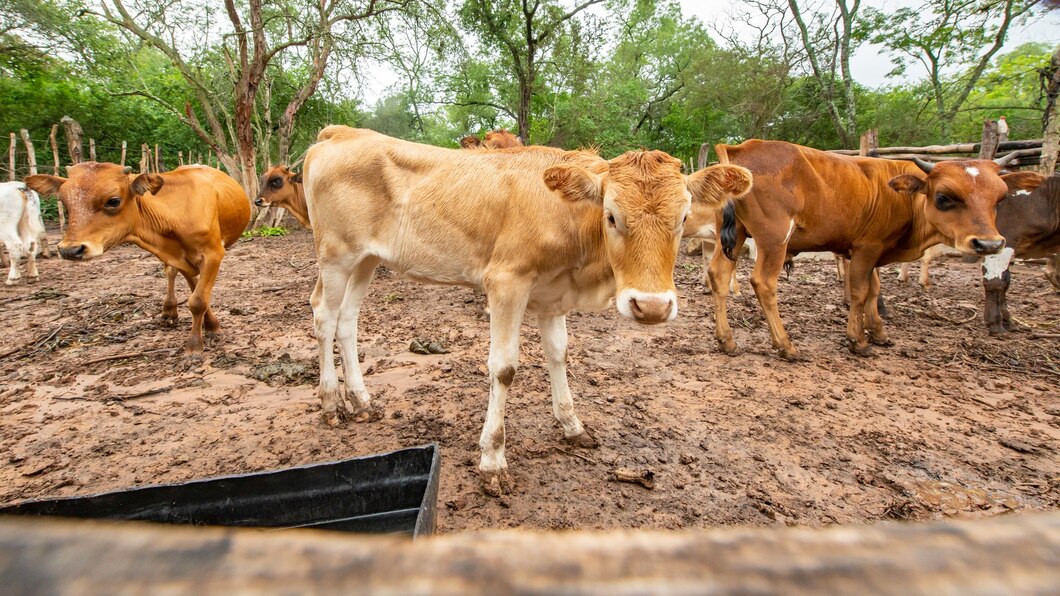Botswana’s beef industry, once a cornerstone of its economy, faces significant challenges today. According to recent statements from the Ministry of Agriculture, issues such as low production rates, subpar calving rates, and declining quality of output have emerged as pressing concerns. In response to these challenges, the government has launched the Thuo Letlotlo program—a strategic initiative aimed at revitalizing the industry through enhanced management practices.
Identifying Challenges
The Ministry of Agriculture’s assessment underscores several critical challenges currently impacting Botswana’s beef sector. These challenges include:
- Low Production Rates: Declining productivity levels have hindered the industry’s ability to meet domestic demand and sustain export competitiveness.
- Low Calving Rates: Suboptimal reproductive rates among livestock have exacerbated production challenges, contributing to overall output declines.
- Quality Concerns: A noticeable decline in the quality of beef produced has raised concerns about market competitiveness and consumer satisfaction.
Introducing Thuo Letlotlo
In response to these challenges, the government has initiated the Thuo Letlotlo program. This comprehensive initiative aims to promote good management practices across all facets of beef production. At its core, Thuo Letlotlo seeks to enhance efficiency, sustainability, and profitability within Botswana’s beef industry.
Insights from Mr. Onkemetse Mathemabe, Thuo Letlotlo Coordinator
To gain deeper insights into the Thuo Letlotlo program and its strategic objectives, we spoke with Mr. Onkemetse Mathemabe, the coordinator overseeing its implementation:
“Thuo Letlotlo represents a pivotal effort to transform Botswana’s beef industry. Our focus is on empowering farmers with the knowledge and tools needed to optimize their operations. This includes promoting better breeding practices, improving herd management techniques, and adopting sustainable feeding regimes. By fostering a culture of excellence in livestock care and farm management, we aim to boost productivity, enhance meat quality, and ultimately revitalize the industry’s economic contribution.”
Mr. Mathemabe emphasized that the program’s success hinges on collaboration with stakeholders across the agricultural sector, including farmers, veterinarians, and industry experts. Through training workshops, technical support, and incentivized practices, Thuo Letlotlo aims to instill best practices that align with global standards of excellence in beef production.
Future Prospects
Looking ahead, the Thuo Letlotlo program holds promise for catalyzing a resurgence in Botswana’s beef industry. By addressing fundamental challenges through targeted interventions and capacity-building initiatives, the government is laying the groundwork for sustainable growth and competitiveness. The program’s comprehensive approach not only aims to mitigate current obstacles but also positions Botswana as a leader in ethical and high-quality beef production within the region.
In conclusion, as Botswana navigates the complexities of modernizing its beef sector, initiatives like Thuo Letlotlo represent proactive steps toward ensuring a vibrant and resilient industry. With ongoing commitment and collaborative efforts, stakeholders are optimistic about the transformative impact of enhanced management practices on the future trajectory of Botswana’s beef industry.










